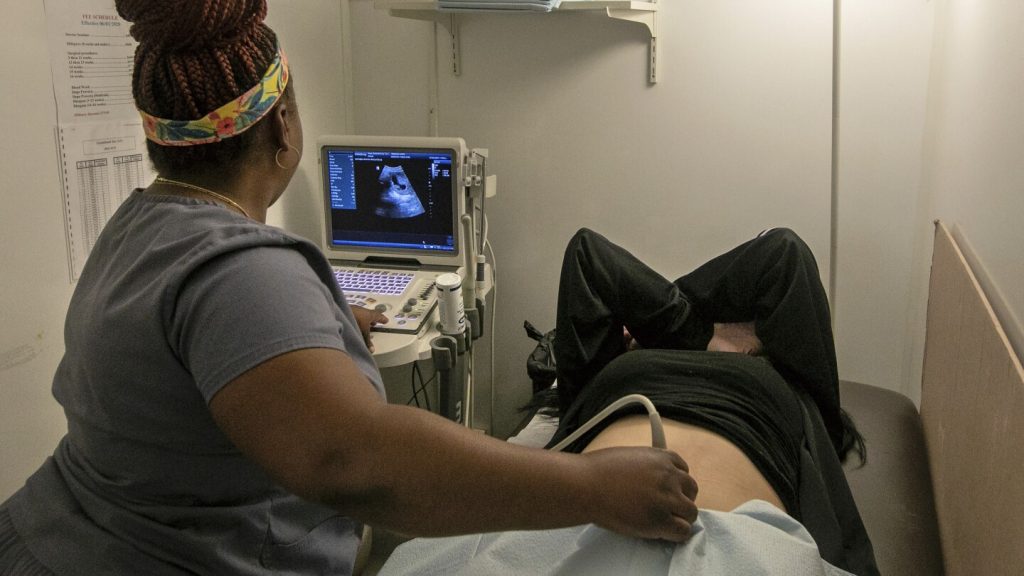A bill in Louisiana that sought to allow voters to decide on the legality of abortion in the state, which currently has a near-total ban, was rejected by a Republican-controlled committee. The legislation aimed to amend Louisiana’s constitution to guarantee reproductive rights for women, including access to contraceptives, abortions, and infertility treatments. Despite arguments from Democratic Rep. Aimee Freeman that the bill was about providing medical treatment, the committee voted 10-2 to kill the measure.
Following the U.S. Supreme Court ruling in 2022 that overturned Roe v. Wade, Louisiana implemented a strict abortion law that only allows exceptions in cases of substantial risk to the patient’s life or health and for “medically futile” pregnancies. However, critics of the law argue that there is ambiguity in who can receive an abortion, leading to concerns among doctors and advocacy groups that necessary procedures may be avoided out of fear of legal consequences. Despite opposition to the ban, proponents maintain that the restrictions and exceptions are clear.
One woman, Nancy Davis, shared her experience of being advised to terminate her pregnancy due to severe fetal abnormalities but being unable to access the procedure in Louisiana. Davis had to travel to New York for the abortion, highlighting the challenges faced by individuals in the state due to the strict abortion laws. While opponents of the legislation acknowledge the need for improved healthcare for women, they argue that abortion is not healthcare and that the bill is not the solution to addressing women’s reproductive rights.
The issue of abortion continues to be debated in Louisiana, with contentious views on both sides. While some states have implemented strict abortion bans, others have taken steps to protect access to abortion, particularly for healthcare providers facing legal consequences. Public opinion polls indicate a division on the issue, with majority opposition to the most restrictive bans but also concerns about unchecked abortion access. As rallies, court battles, and legislative proposals continue, the fate of abortion laws in Louisiana remains uncertain.
In response to the rejection of the abortion bill, additional legislation related to abortion has been introduced in Louisiana, including proposals to add exceptions for cases of rape and incest, clarify vague language in the law, and reduce punishment for doctors involved in illegal abortions. Previous attempts to pass similar measures have failed in the GOP-dominated legislature, indicating the ongoing challenges in addressing reproductive rights and access to abortion in the state. The debate over abortion laws in Louisiana is likely to persist, with both sides of the issue continuing to advocate for their positions.


